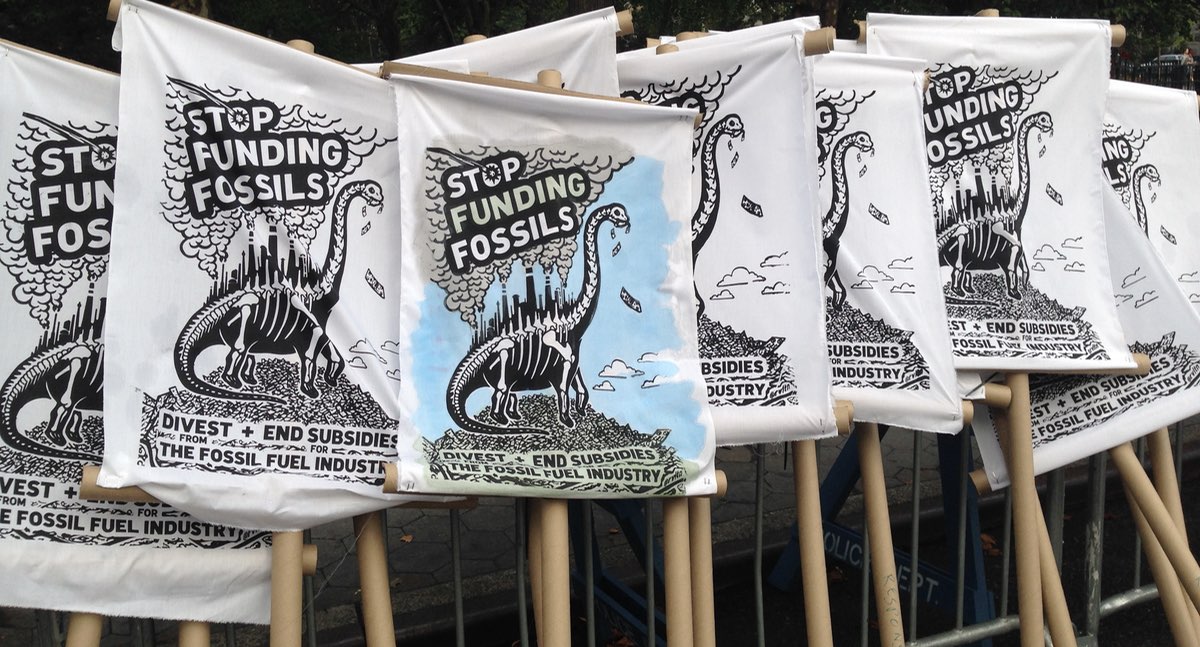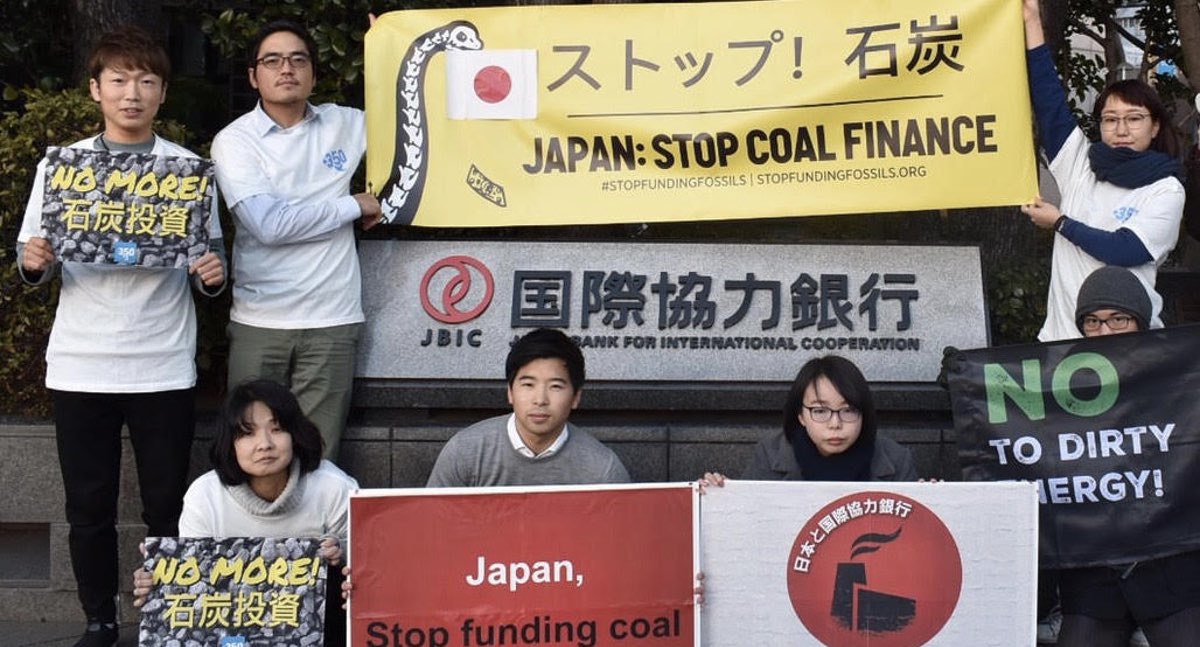STOP FUNDING FOSSILS
Our Stop Funding Fossils program uses critical analysis and strategic organizing to end the vast quantities of government support flowing to the fossil fuel industry and accelerate the clean energy transition.
Public finance and subsidies for fossil fuels play a key role in driving oil, gas, and coal production. Climate leadership means not wasting another cent of public money on the industries that are causing the problem.
OVERVIEW OF WORK
Our research shows that G20 governments spend $444 billion per year propping up oil, gas, and coal production, while the G20’s taxpayer-backed public finance institutions provide nearly 4 times more public finance to fossil fuels than to clean, renewable energy.
These massive subsidies play a key role in expanding oil and gas production and locking in existing fossil fuels: recent analysis finds that half of the new oil fields being drilled in the US would have remained undrilled if not for substantial subsidies; at the same time, public finance for fossil fuels de-risks capital-intensive megaprojects, like massive coal plants in Southeast Asia, few of which would proceed without government backing. And as oil, gas, and coal producers face increasing competition from renewable energy, instead of simply reducing fossil fuel production, they exert their political influence to get more handouts to keep extracting.
Instead of spending scarce public resources on the fossil fuel industry, our work challenges public institutions to scale up their support for distributed renewable energy solutions that can deliver energy access quickly and at least cost in many developing countries: today, support for these solutions makes up only a tiny fraction of all public finance for energy.
We know from the work of our Energy Transitions and Futures program that already-producing oilfields, gasfields, and coal mines hold enough carbon to take the world well beyond 1.5°C of warming and up to 2°C. This means that governments who’ve signed up to the Paris Agreement (that’s nearly everybody) shouldn’t spend another cent of public money on fossil fuels if they take their commitment seriously. We call on them to stop funding fossils.
LATEST PROGRAM POSTS
Relying exclusively on the World Bank’s own figures, a new analysis shows World Bank Group lending to coal, oil and gas is up 94% from 2007, reaching over $3 billion. Coal lending alone has increased an astonishing 256% in the last year.
This is the same World Bank that would like to lead - and control the finances of - global efforts to fight climate change.
By comparison, the Bank reported that renewable energy and energy efficiency lending is up 87%, with the vast majority going to support large hydropower projects and supply-side energy efficiency. Only $476 million went this year to
I had just started to draft a blog about this when I caught Joe Romm's excellent post on the same topic. Over to you, Joe: Or, jump directly to the Energy Information Administration's report.
Last week, on the 5th anniversary of the Iraq War, hundreds of people stood with Oil Change International in the streets in front of the American Petroleum Institute demanding a Separation of Oil & State. They know, just as we do, that oil was the central motivation of the war in Iraq, that oil money in politics is helping to keep us there, and that oil money is working hard to prevent a transition to a clean energy future.
Now, for the first time ever, we can see exactly how members of Congress who accept more oil money also vote
Tackling climate change and other environmental hazards is affordable but urgent action is needed to avert irreversible damage, the Organisation for Economic Cooperation and Development (OECD) said yesterday.
The 30-nation OECD said possible environmental safeguards might slow world growth by just 0.03 percent a year -- meaning that by 2030 the global economy would be 97 percent bigger than in 2005 instead of almost 99 percent larger with no measures.
LATEST PROGRAM RESEARCH
U.S. single biggest violator of CETP pledge, approving the most fossil fuel projects of any signatory for a total of almost USD $2.3 billion.
"Today’s announcement from the Netherlands, United Kingdom, Canada and many of their peers is a disappointment. At a time when we need rich country leaders to concretely expand their past ambition to secure a fair deal, these ministers are just regurgitating promises and initiatives that are now more than a decade old and have been so ineffective that fossil fuel handouts and profits continue to reach record levels."
Australia has joined a major international initiative to end international public finance for fossil fuels at an event held at the UK Government Pavilion today at COP28. Australia follows Norway, who also joined the initiative on Saturday.



